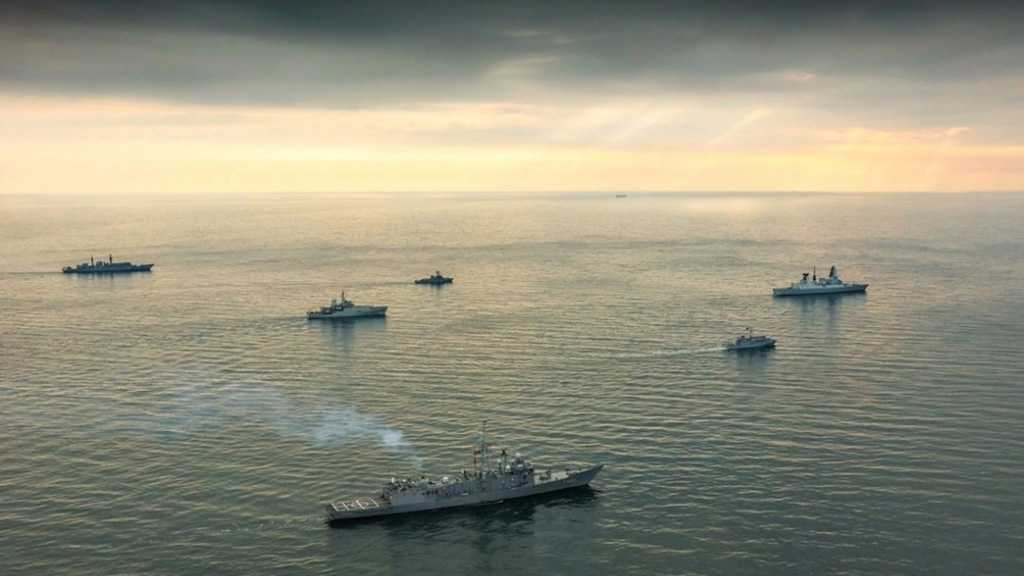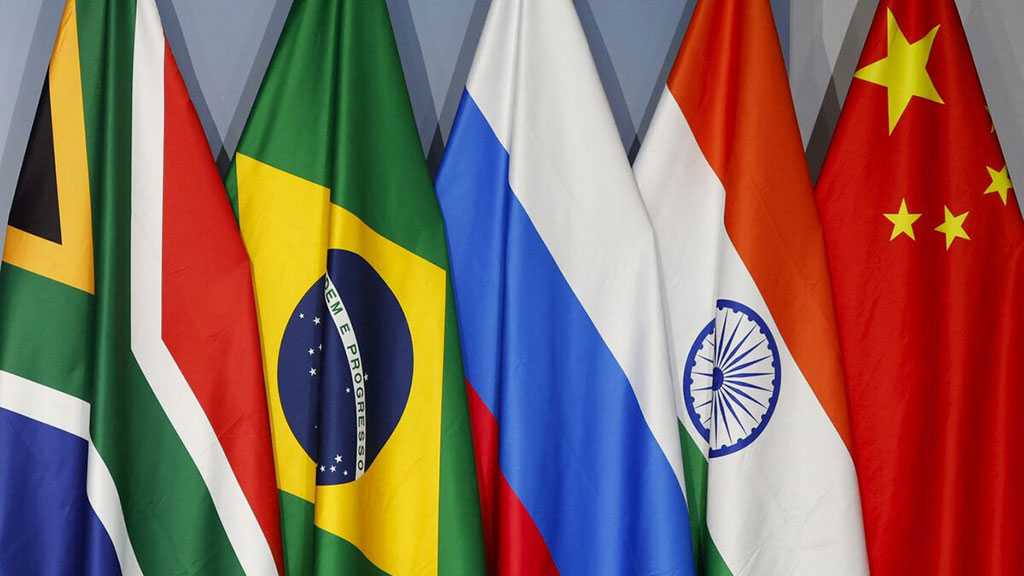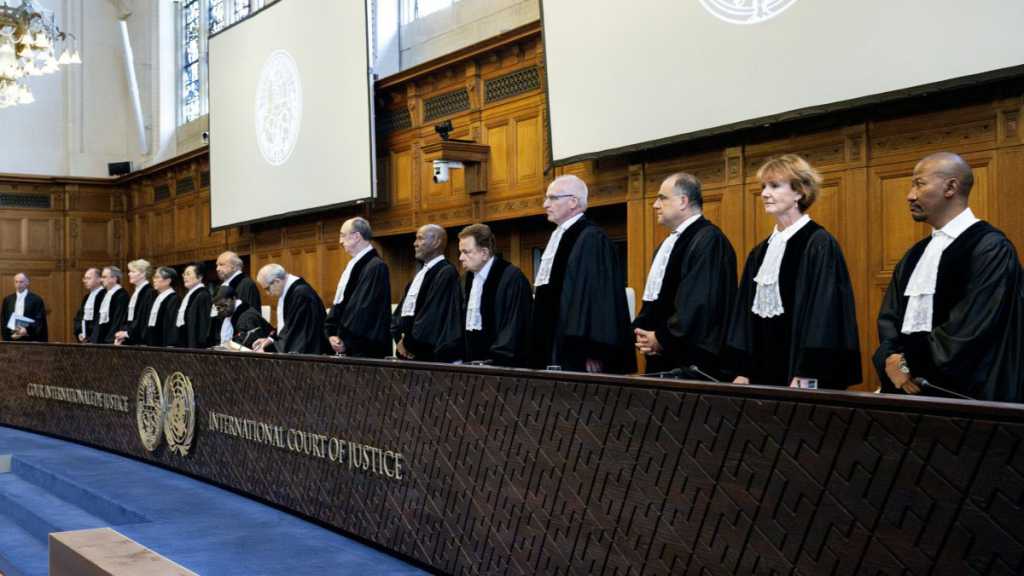Turkey Explains Why It Scrapped NATO Drills in Black Sea

By Staff, Agencies
NATO military drills planned for the Black Sea have been postponed or canceled outright, Turkish Foreign Minister Mevlut Cavusoglu has revealed, citing the "Montreux Convention," a decades-old protocol which gives Ankara veto power over naval deployments in the region.
Speaking to Anadolu in an interview on Tuesday, the foreign minister explained Turkey’s reluctance to cooperate with the Western sanctions campaign against Russia in response to its attack on Ukraine, stating that his country is seeking to avoid increased tensions as it attempts to broker a negotiated end to the conflict.
“If we had joined the sanctions, we would not have been able to fulfill the mediation role that we have now. We applied the Montreux Convention to warships, but the airspace, that corridor, we have to keep it open,” he said, referring to a 1936 agreement granting Turkey rights to regulate maritime traffic through the Black Sea.
“We have, in accordance with the convention, canceled or postponed planned NATO drills. We play an important role, and we fulfill our obligations,” Cavusoglu added.
Turkey has invoked the Montreux Convention to deny a number of Russian warships access to the Black Sea via the Bosporus strait since the conflict in Ukraine started in February, though it has made exceptions for vessels returning to their home ports, as provided under the agreement.
While the foreign minister did not specify what drills had been dropped or rescheduled, the North Atlantic military bloc has carried out a flurry of exercises across Europe in recent weeks, including one in Estonia last month involving 15,000 troops from 14 nations, held just 40 miles from the nearest Russian military base.
In mid-May, NATO forces carried out a training mission in the Black Sea, in which American Navy SEALs drilled foreign special operations units as part of the annual Trojan Footprint exercise. The event included more than 3,300 soldiers from 30 countries, and was conducted in the Black Sea states of Bulgaria and Romania, as well as Croatia, Estonia, Germany, Greece, Hungary, Latvia, Lithuania, Montenegro, North Macedonia, Poland, Slovakia and Slovenia. Ukraine participated in 2021’s Trojan Footprint and was slated to take part in the drills before Moscow launched its attack.
NATO air policing along the Black Sea was also intensified in April. Dutch fighter jets were deployed to bolster the Bulgarian Air Force following a series of similar moves to shore up the alliance’s “eastern flank.”
Cavusoglu went on to argue that Turkey’s role as broker between Moscow and Kiev is “welcomed” by many other countries, insisting that Ankara would only invoke sanctions against Russia if they are brought by the United Nations.
“Everyone can now impose sanctions on anyone they want. That's their business. We have chosen the role of mediator, we are trying to make things easier,” he said.
The foreign minister's comments come one day after Turkish President Recep Tayyip Erdogan floated a new offer for negotiations between Moscow and Kiev in Istanbul, making the proposal during a call with his Russian counterpart Vladimir Putin.
Comments
- Related News

Erdogan: Netanyahu must Be Stopped Just like Hitler
2 months ago


